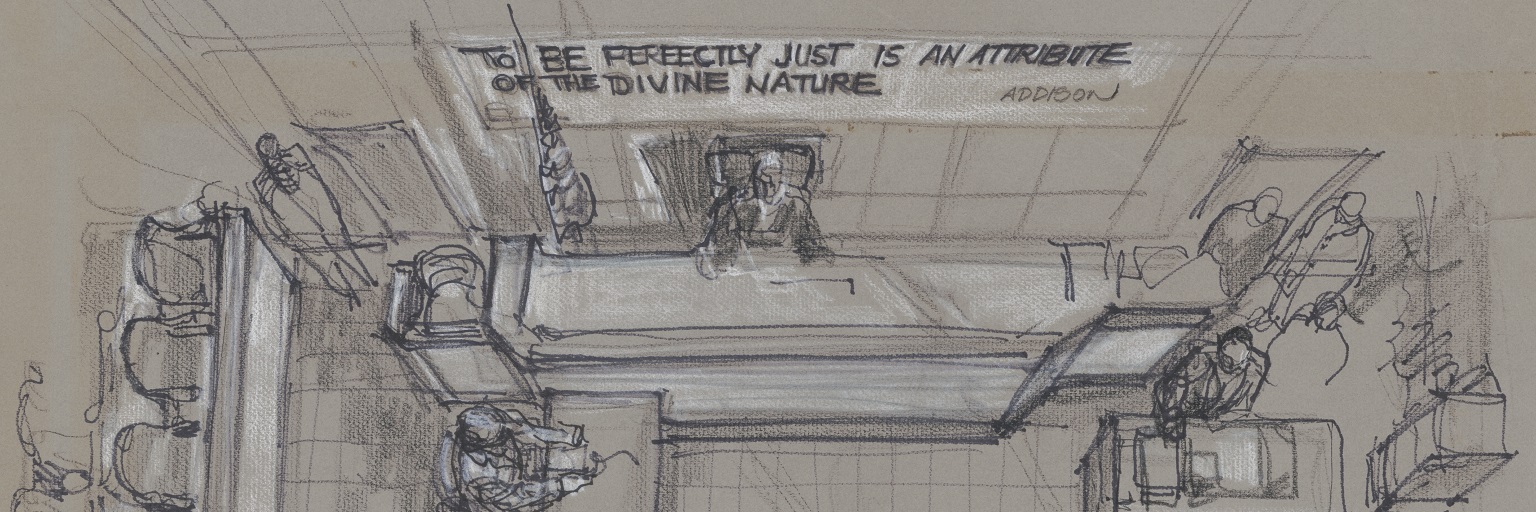Amendment VI of the United States Constitution
In all criminal prosecutions, the accused shall enjoy the right to a speedy and public trial, by an impartial jury of the State and district wherein the crime shall have been committed; which district shall have been previously ascertained by law, and to be informed of the nature and cause of the accusation; to be confronted with the witnesses against him; to have compulsory process for obtaining witnesses in his favor, and to have the assistance of counsel for his defence.
Ratified December 15, 1791
Gideon v. Wainwright (1963)
The Supreme Court held that the right to counsel in a criminal trial guaranteed by the 6th Amendment also applies to criminal trials in state court, incorporated through the 14th Amendment. The court must provide counsel to those who are unable to afford the assistance of counsel. Learn More
Crawford v. Washington (2004)
The Supreme Court held that the Confrontation Clause under the 6th Amendment applies to out-of-court testimony used against the accused, including testimony obtained by police during an interrogation. Learn More
- Sixth Amendment Rights in Criminal Prosecutions, in Constitution Annotated, produced by the Congressional Research Service
- Sixth Amendment Timeline, posted by the Annenberg Classroom
- Interpretation & Debate: The Sixth Amendment, posted by the National Constitution Center
- Gideon v. Wainwright (1963), posted by C-SPAN’s Landmark Cases
- Anthony Lewis, Gideon’s Trumpet (published in 1964, paperback 1989)
“Gideon v. Wainwright (1963)” includes documents, materials, activities, and case summaries, posted by LandmarkCases.org
“Gideon v. Wainwright (1963)” includes handouts and activities, posted by Bill of Rights Institute
Key Constitutional Concepts from the Annenberg Classroom. The second segment in this video contains information about Gideon v. Wainwright (1963) and the right to counsel.
The Confrontation Clause: Crawford v. Washington from the Annenberg Classroom. The video examines the 6th Amendment right of the accused to be confronted by witnesses against them in a criminal trial through a discussion of Crawford v. Washington (2004).

